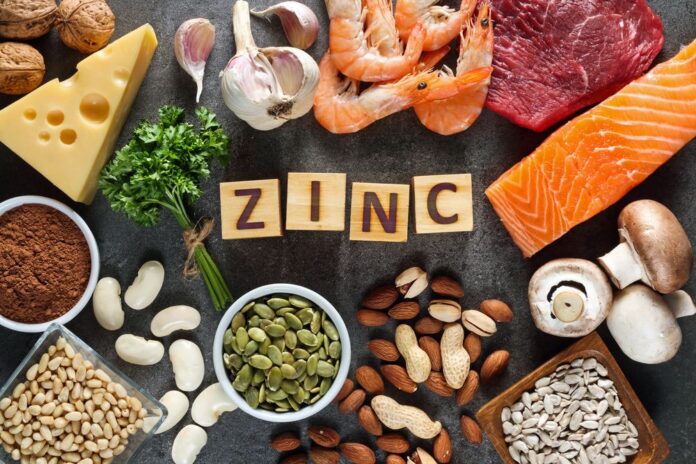Ensuring an ample intake of zinc holds significance for various demographic groups, including expectant and nursing mothers, children in their growth phase, individuals adhering to a vegetarian lifestyle, and those grappling with specific health conditions. Zinc stands as a pivotal nutrient vital for numerous physiological processes.
Here are six cohorts that often require heightened attention to their zinc consumption:
1. Vegetarians and vegans: Given the absence of zinc-rich animal products in their diets, individuals adhering to plant-based eating patterns should emphasize the inclusion of seeds, nuts, legumes, and whole grains.
2. Elderly: Aging can compromise the absorption of zinc, potentially leading to deficiencies. Prioritizing zinc-enriched foods such as fortified cereals, dairy products, and lean meats becomes crucial.
3. Expectant and nursing mothers: The demand for zinc escalates during pregnancy and lactation periods. Incorporating zinc-rich foods like chickpeas, tofu, and dairy items is essential for fostering a healthy gestation and breastfeeding journey.
4. Women on or off birth control: Fluctuations in hormonal levels can influence zinc levels within the body. Ensuring an adequate intake through foods like spinach, mushrooms, and seafood becomes imperative.
5. Individuals combating illness: Zinc plays a pivotal role in supporting immune function, particularly during periods of sickness. It is advisable to consume zinc-rich foods such as poultry, eggs, and beans to bolster immunity.
6. Those afflicted with digestive disorders: Conditions like Crohn’s disease or celiac disease can impede the absorption of zinc. Opting for zinc-fortified foods and considering supplements under professional guidance can be beneficial in such scenarios.

 हिंदी
हिंदी






